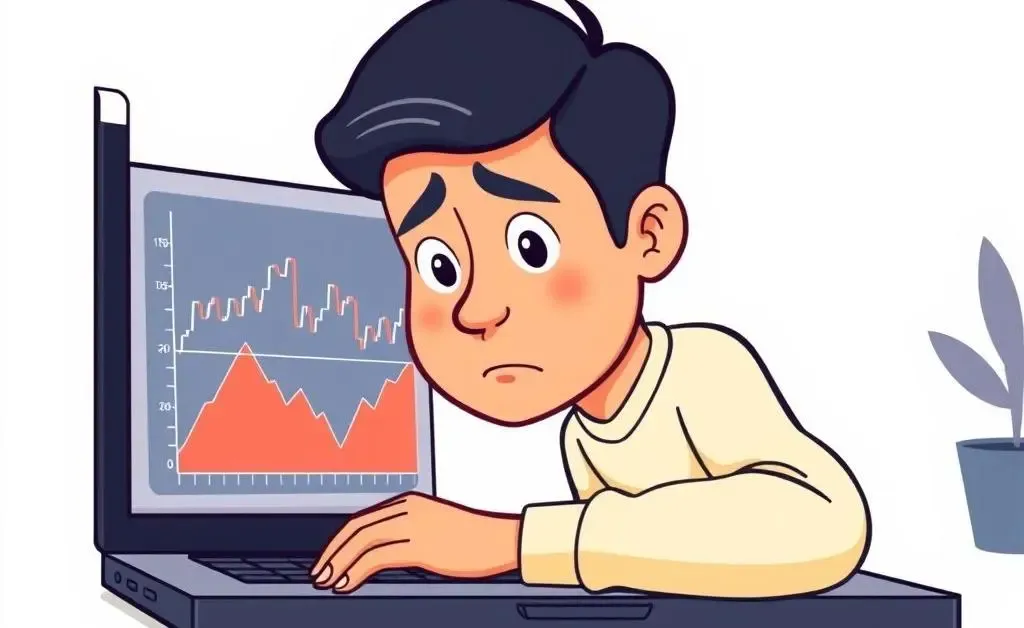Navigating the Stock Market: What to Do When Your Stock Takes a Dive
Discover practical steps to take after your stock slips and learn how to manage unexpected downturns.

Ever had that sinking feeling when you check your stock portfolio and see a drop that makes your heart race? Don’t worry, we’ve all been there. Stock market dips, although unnerving, don’t have to mean financial doom. Here, we’ll walk through practical steps you can take when faced with that unexpected slump.
The Unnerving Dip: What’s Going On?
Before hitting the panic button, it’s important to understand why your stock has taken a nosedive. This could range from company-specific issues to broader market trends. What's the news saying? Are there economic factors at play? Sometimes, there’s a logical explanation that doesn’t mean long-term trouble.

Take a Breath: Evaluating the Situation
Take a step back and assess the situation calmly. Here’s a quick checklist:
- Is this fall due to a broader market trend?
- Have there been any recent news or changes in the company?
- Is this a typical fluctuation that’s part of historical patterns?
A deep breath and some research can help you gain perspective.
The Power of Diversification
Remember that old adage about not putting all your eggs in one basket? Diversification can often cushion the blow of stock market volatility. By investing across various sectors and asset types, you can protect yourself against severe losses in any one area.

Patience Pays Off
Investing is a marathon, not a sprint. Stocks can take time to recover, so patience is key. Think of them as your long-term financial health investments. Just like exercise, it’s about the consistent effort rather than immediate results.
Seeking Guidance: Talk It Out
Sometimes, a little support from your community can go a long way. A friend once turned to his investing group when his tech stock plummeted. Over coffee, they shared insights and boosted each other’s spirits. The camaraderie and shared knowledge turned the panic into proactive planning.

This mindshare approach can be tremendously helpful when navigating uncertain markets.
Conclusion: Keep Learning, Keep Growing
So next time your stock takes a dip, remember, it's part of the journey of being an investor. Use it as a learning experience to refine your strategy and build greater resilience. And who knows? It might even inspire you to join a community of like-minded investors. What strategies have helped you weather stock market storms?




